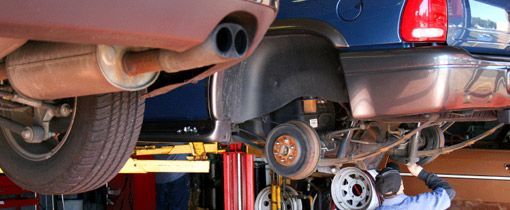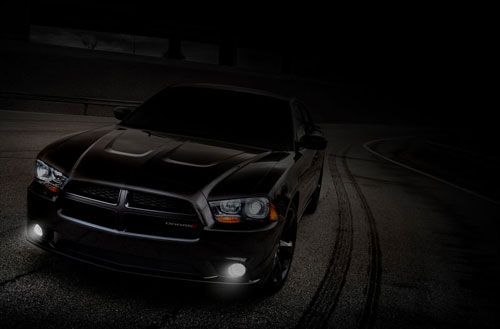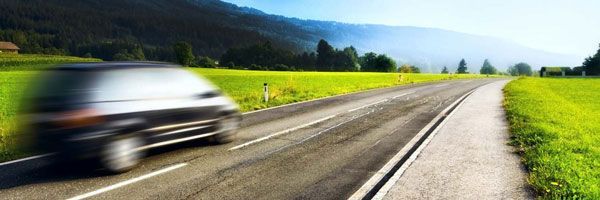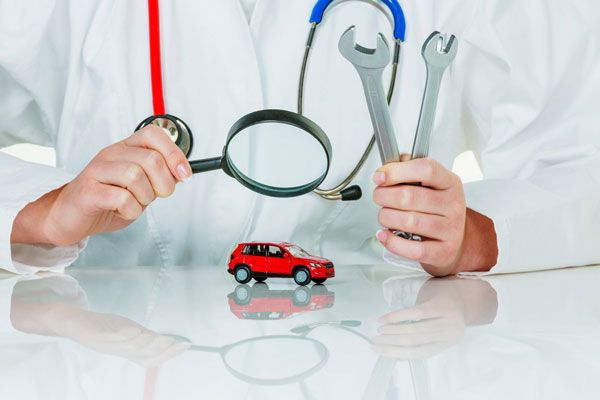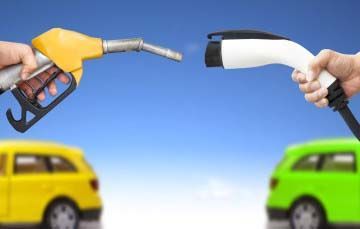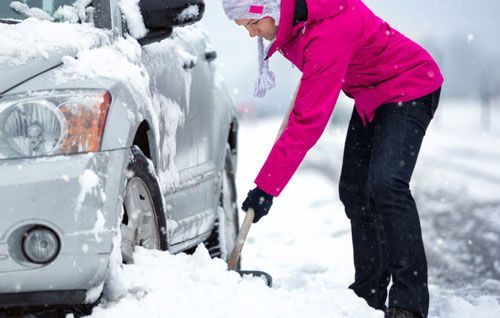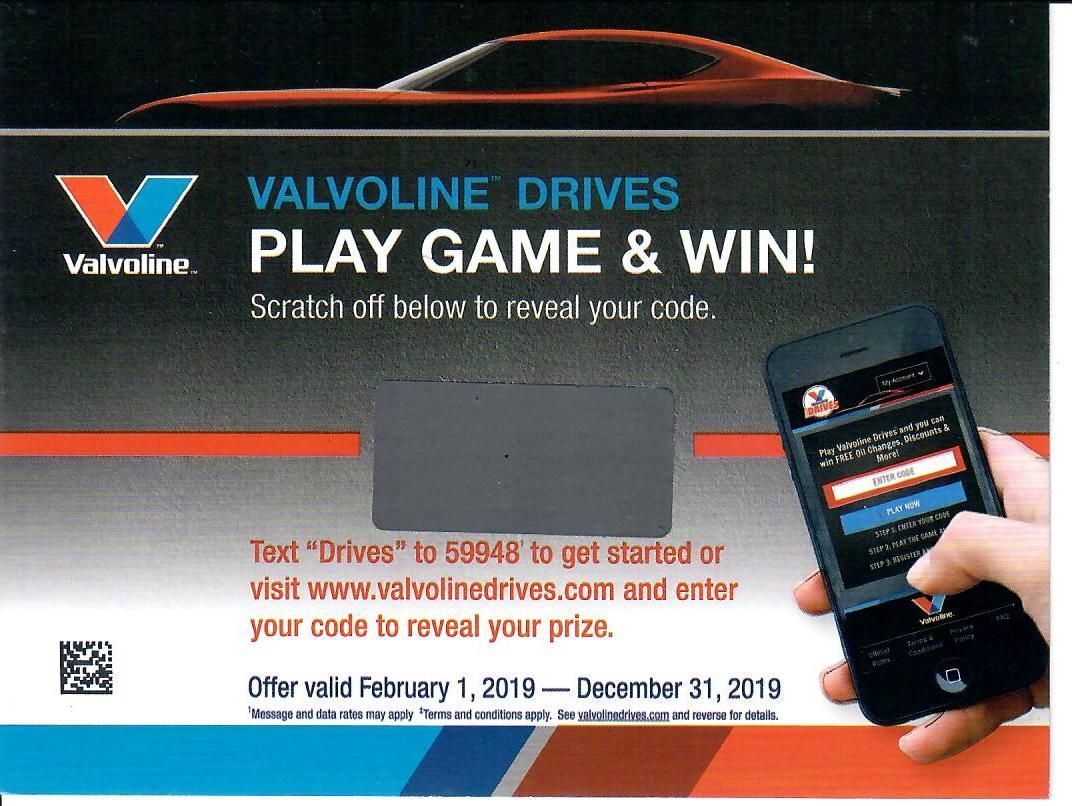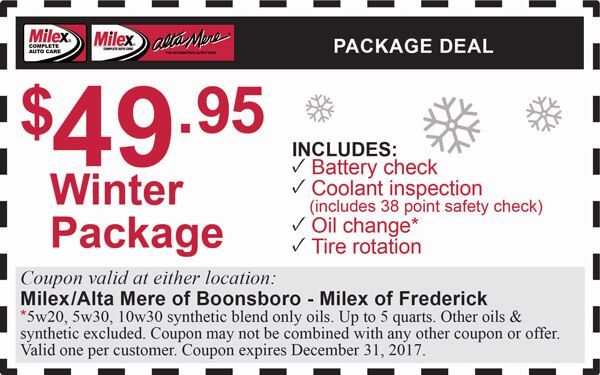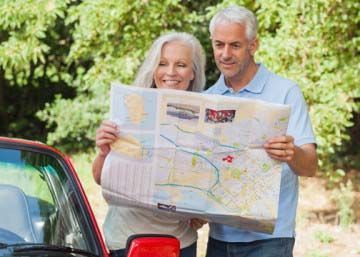We’re in the middle of winter, and so snow storms are a common sight. Sometimes, it’s just flurries slowly drifting onto the roads. Other times, it’s a whiteout that covers the roads in snow and makes it impossible to drive any faster that 5 mph In some cases, you may even get stuck on the roads if you drive out there. You want to do as much as possible to avoid getting caught off guard, and prevent yourself from getting hypothermia or frostbite among other conditions. The professionals at Mr. Transmission would like to offer some advice if you have to drive out on the roads during a blizzard.
However, the first piece of advice they would like to share is this: Do not drive out there unless it’s absolutely necessary.
What to do before
In the event that your travels will cause you to be in the midst of a snowstorm, planning ahead is essential. If you can, plan your work day and driving time so you don’t caught in the storm. Always carry a disaster supply kit with you in the event the worst happens. Among the items you should have include are a snow shovel to dig your way out of trouble. You should have a windshield scraper as well to clear off ice that forms when the vehicle is cold, along with a broom attachment to sweep off snow from it. Emergency flares and a fluorescent distress flag are also useful, as are rock salt and sand to melt down the snow.
Along with the essentials that will get you out, your supply kit should include things to keep you warm and comfortable. For example, you should have some blankets in case you need to stay in your car. Extra hats and socks, along with mittens are also important. You should carry water with you, as well as snack foods when you’re hungry. A flashlight and matches should be on hand, as well as a battery-powered radio to keep alert for any advisories. Additional batteries are useful in this situation.
Making sure your vehicle is winterized is also essential. While the professionals at Mr. Transmission have discussed this previously, it’s important to remember to keep your antifreeze and oil at good levels, your tires with adequate tread and your heater and defroster fully functional. You also want to be sure your exhaust system is functioning properly to avoid the risk of carbon monoxide poisoning.
When you get stuck
While you may hope that something doesn’t happen that gets you stuck, you may still inadvertently drive into a blizzard. In any event, you should contact your friends, family and coworkers to let them know your situation. Of course making phone calls while driving is dangerous and we suggest you pull over to a safe area if possible to make these calls before continuing on your route. That includes letting someone know where you’re going, the route you’re taking and how long it will take you to get there. This information is vital so that this person can send help in case your phone battery dies or you’re in an area without a signal.
If you get stranded, you’ll want to pull off the main roads so that you don’t cause an accident and can let emergency vehicles through. Flying a distress flag will get emergency services’ attention. You should stay in your vehicle at all times, unless you can see a building close by enough to take shelter. However, remember that walking in heavy snow is a strenuous activity and distances can be distorted by how deep it is.
While you are stuck, run the engine and heater for 10 minutes every hour to stay warm. During this time, keep the window ajar, and step out of the vehicle every so often to clear the exhaust pipe of any remaining snow. Doing so can eliminate the chance of you suffering from carbon monoxide poisoning. In order to keep warm, you should exercise your body just enough. Overexertion can cause more health problems, including heart attacks. If you can, use seat covers, road maps, floor covers and other materials as floor insulation, as heat can escape from below.
Staying alive
If you’re with people, huddle together to stay warm, and have someone awake at all times in case rescue crews appear. Eating and drinking regularly is a good idea, but you should avoid caffeine as a general rule. Keep an inside light on at night to ensure rescue crews can see you. However, keep your electrical needs balanced so that you don’t overuse either your spare or vehicle batteries before you can be rescued.
When the storm clears out, proceed to listen in on your radio for any announcements from the local transportation department or emergency management on finding which route will get you closest to home safely. Drive with caution. If you are stranded, it may be necessary for you to leave your vehicle and proceed on foot to shelter. Remember, your life is more important than your vehicle.
